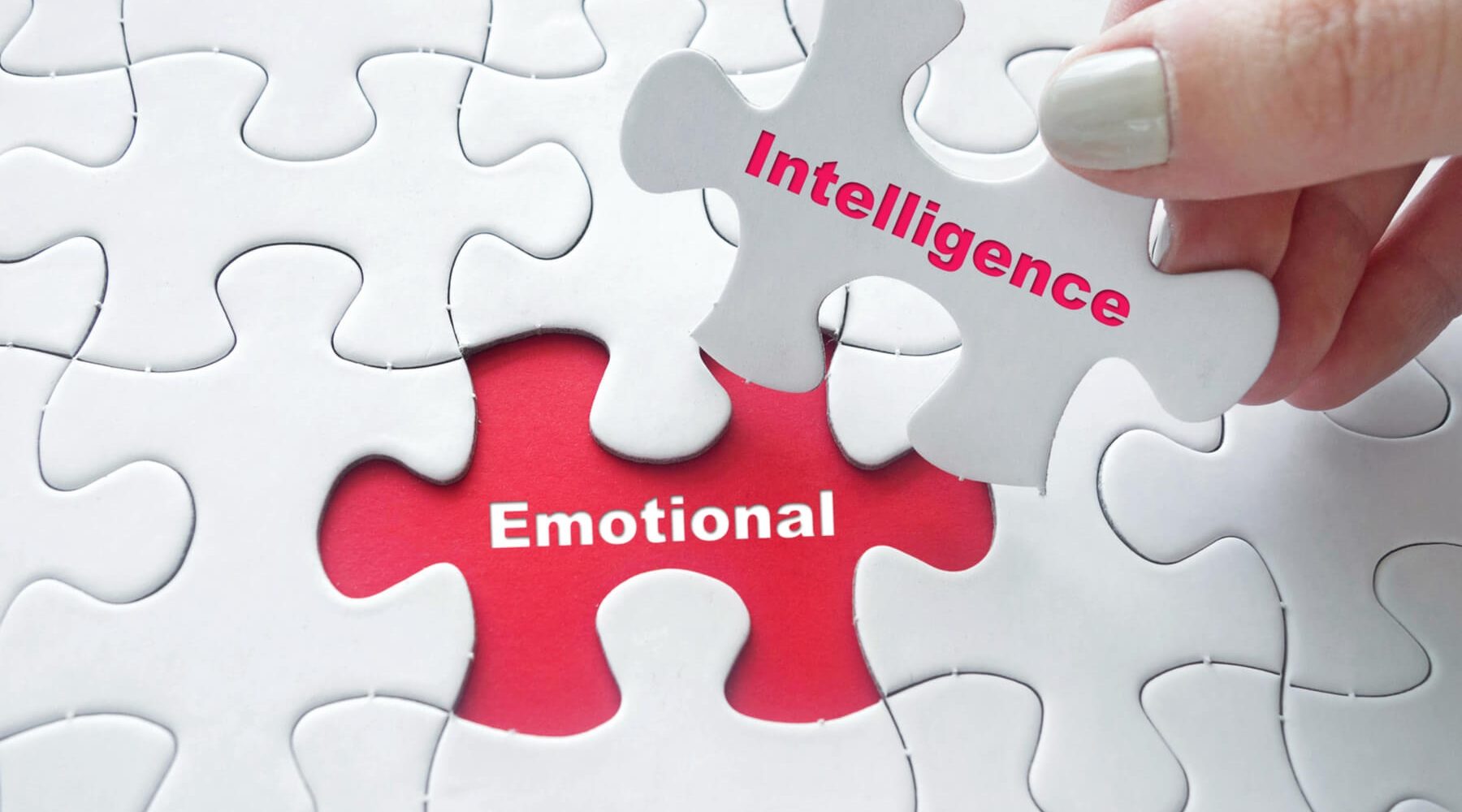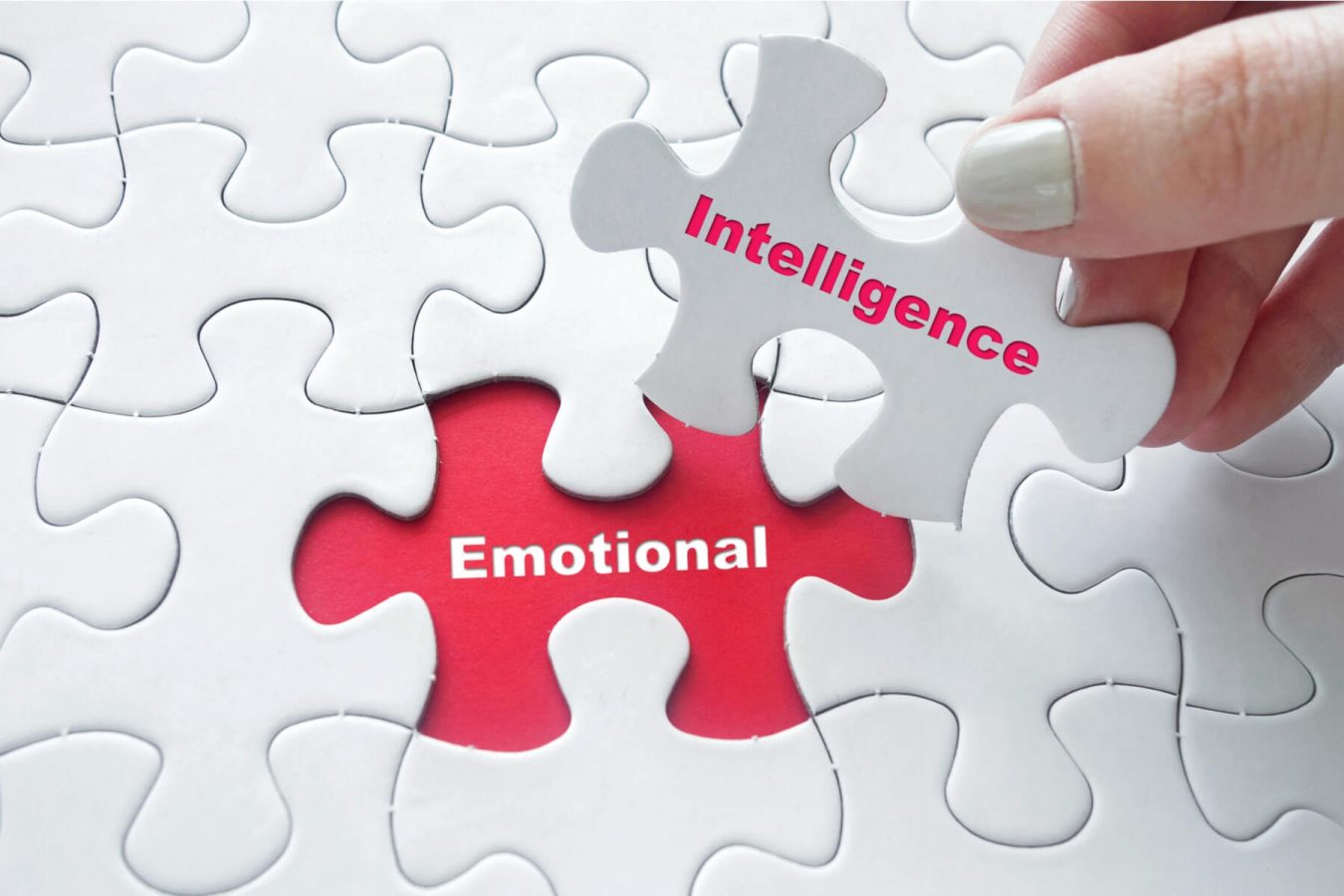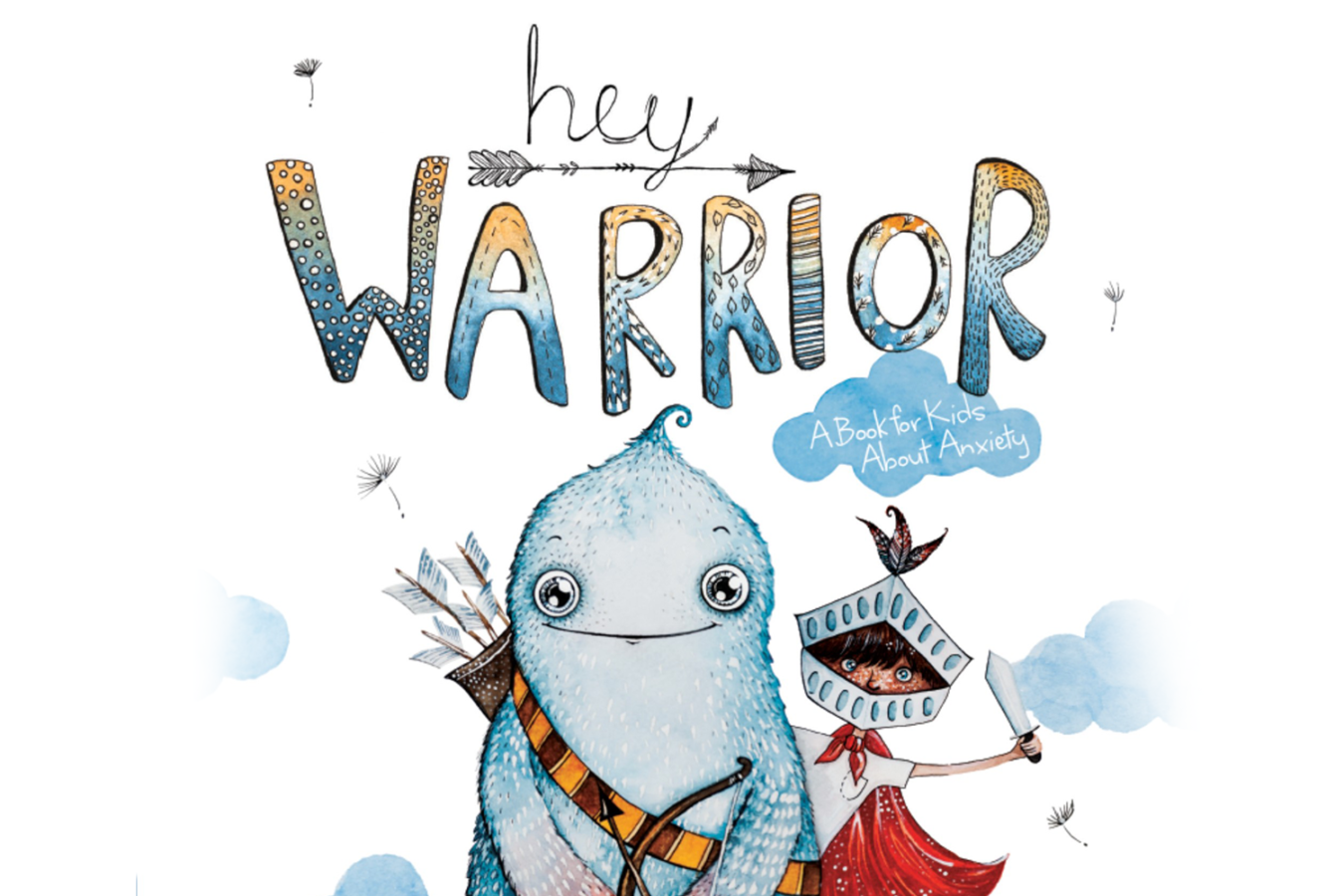
In the second in her series, Brett Borbely examines the role self-awareness and self-regulation can play in managing our emotions.
In his book, The Art of Rhetoric, Aristotle wrote, ‘Anyone can become angry – that is easy. But to be angry with the right person, to the right degree, at the right time, for the right purpose, and in the right way – that is not within everyone’s power and is not easy.’ This kind of power requires self-awareness and self-regulation.
Self-awareness is knowing what we are feeling and why we are feeling it. Self-regulation is intentionally choosing how to respond to those emotions.
Not everyone currently may have this awareness and regulation of self, but this skill of emotional intelligence (EI) is learnable. With this article, I will focus on the elements of self-awareness and self-regulation and then share tips on how to strengthen these skills.
Self-awareness can easily be the most taken for granted EI element. We simply assume we are in touch with our emotions, but the truth is the reaction to a feeling is often well and truly enacted before we stop to consider the intensity and catalyst of our feelings.
Self-awareness can easily be the most taken for granted EI element. We simply assume we are in touch with our emotions, but the truth is the reaction to a feeling is often well and truly enacted before we stop to consider the intensity and catalyst of our feelings. In other words, we jump straight to reacting to a situation before we take time to understand it.
We simply assume we are in touch with our emotions, but the truth is the reaction to a feeling is often well and truly enacted before we stop to consider the intensity and catalyst of our feelings.
The importance of tuning into our bodies
There is a biological reason for this. It is because our prefrontal cortex, the part of the brain used for high-level analytical decision-making can be blocked from receiving information when our amygdala goes ‘on alert’ and cortisol starts pumping in response to a ‘threat’. This naturally occurring process keeps us alive and safe when the threat is real and we do not have time to pause before running away from a sabre-tooth tiger, but unfortunately, our amygdalae cannot always tell the differences between a life-threatening situation and anxiety-ridden or unjust experiences. Therefore, we often allow our primitive survival instincts to ineffectively navigate complex experiences that demand sophisticated and nuanced decision making.
In order to strengthen our self-awareness and self-regulation skills, we have to tune into our bodies. Dr Brené Brown often speaks of vulnerability as having a ‘tremor’. What she is saying is that our body has physical cues that can, if we are paying attention, alert us to how we are receiving an experience. Are we getting angry because one of our core values is being questioned, or because we perceive a great injustice, or do we sense lack of psychological safety? Are we laughing because we are joy-filled and grateful or are we uncomfortable and embarrassed? The more we become familiar with our body’s cues, the better we will be at identifying the catalyst for our emotions. And once we have this knowledge, we can make a conscious decision on how we want to move forward.
Some strategies for learning this type of body awareness are:
Mindfulness
Take five minutes every day to practice mindfulness. The free Smiling Mind app and many other mindfulness apps are great resources for learning this practice. Other great apps include Mood Kit, Pause: daily mindfulness, and Happify.
Journal
Journal after having an experience of intense emotions and write about how your body felt at each stage of the situation. This reflection can help you become familiar with how your body uniquely responds to different emotions.
Breathe
Practice controlled breathing techniques and use these exercises at any moment of stress. Deep breathing is the most effective way to take our amygdalae out of alert-mode and allow for messages to enter our prefrontal cortex, where we can make the best decisions.
One of my favourite breathing exercise is 4 – 7 – 8 breathing, where you breath in for 4 counts, hold for 7 counts and exhale for 8 counts.
For young children, tell them to breath in as they trace up their thumb and then exhale as they trace down in. Repeat by tracing up and down all fingers.
Values
Take time to determine what your top two or three core values are and what actions are aligned with them. Clearly knowing your values enables you to know when someone has breached them and why you might be triggered. Knowing your values can also aid you in choosing actions that honour your best self because you will feel internally aligned.
Read
Read and discuss literature that helps your child to better understand these self-awareness and self-regulation skills in an age-appropriate way. The younger we can start these conversations, the better for our children. Some of my favourite emotional intelligence books for children are:
Happy Hippo, Angry Duck by Sandra Boynton (Ages 1 to 5)
The Colour Monster by Anna Llenas (Ages 3 to 7)
When I am feeling… series by Trace Moroney (Ages 3 to 7)
Hey Warrior by Karen Young (Ages 5 to 14)
Responding, instead of reacting, requires us to pause, to be aware of our emotions, knowing our values and then making deliberate choices on how we want to act. Being able to do this in every moment and situation will require the highest levels of self-awareness and self-regulation, and it will take a lifetime for each of us to fully develop, but the process of trying, failing and refining will lead us to strong emotional intelligence and better relationships with ourselves and others.
Other articles in the series
Why Emotional Intelligence Matters, and how we can develop it in our children
The Five Aspects of Emotional Intelligence: Motivation
The Five Aspects of Emotional Intelligence: Empathy and Social Management
References
- Goleman, D. (1995). Emotional intelligence: Why it can matter more than IQ. New York: Bantam Books.
- Brackett, M. A. (2019). Permission to feel: Unlocking the power of emotions to help our kids, ourselves, and our society thrive. London: Quercus.
- Brown, B. (Starring In) & Restrepo, S. (Director). (2019). Brené Brown: The Call to Courage [Special]. Retrieved from https://www.netflix.com
- Duckworth, A. (2017). Grit: Why passion and resilience are the secrets to success. London: Penguin Random House UK.
- Covey, S. (2004). The 7 Habits of Highly Effective People: Restoring the Character Ethic. New York: Free Press.
- Siegel, D. (2014). Brainstorm: The power and purpose of the teenage brain. New York: Jeremy P. Tarcher/Penguin, a member of Penguin Group (USA).
- Siegel, Daniel J., (2010). Mindsight : the new science of personal transformation. New York: Bantam Books.

About the author
Brett Borbely is Director of Student Wellbeing at Ivanhoe Girls’ Grammar School.
This article first appeared on the school’s website. You can read the original here.
We thank Brett and the school for allowing us to share this series on The Parents Website.


